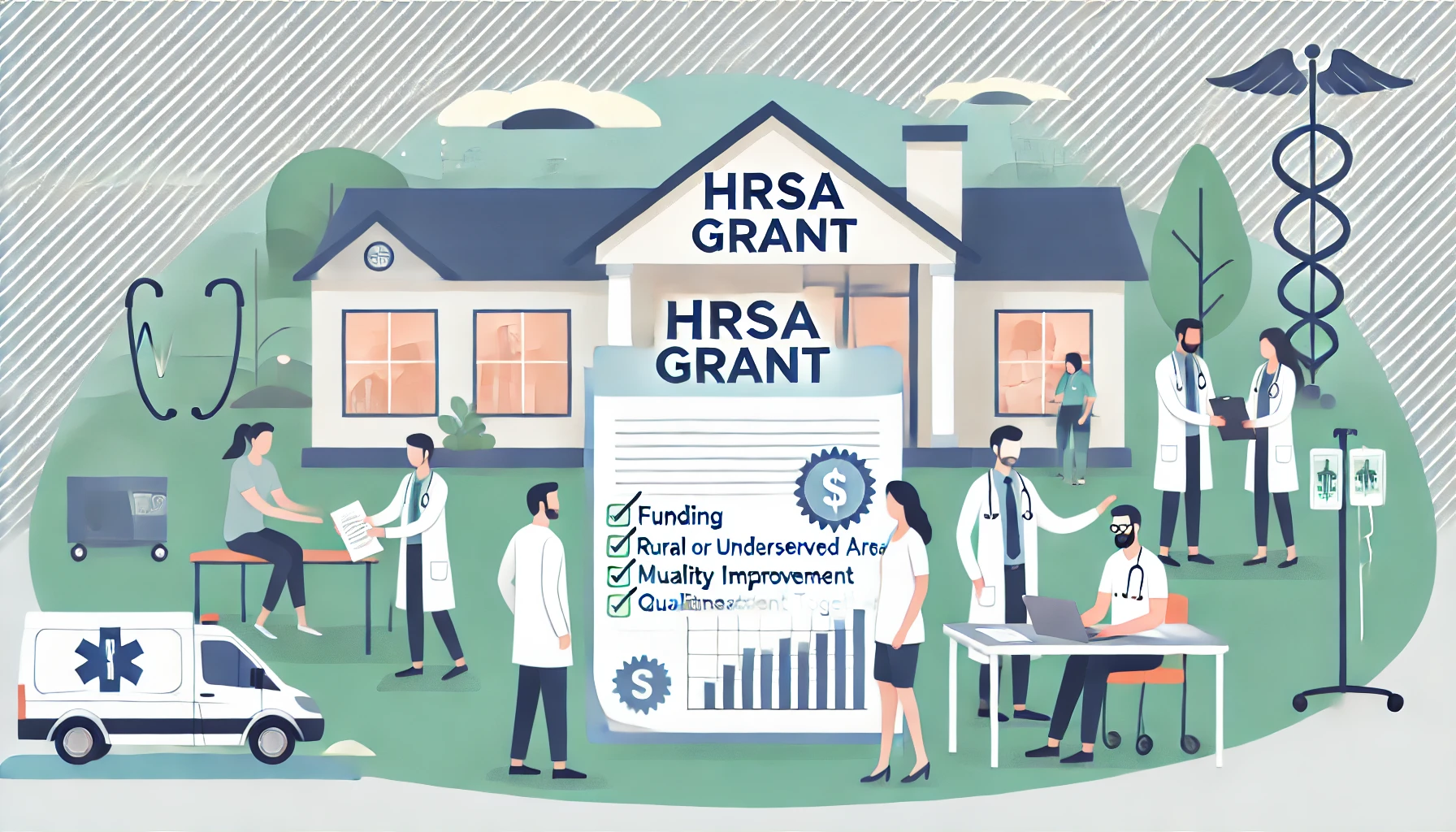
Table of Contents

Memorial Health System embraces AI to transform patient care, enhancing diagnostics, personalization, and efficiency while navigating technological and ethical challenges.
Memorial Health System embraces AI to transform patient care, enhancing diagnostics, personalization, and efficiency while navigating technological and ethical challenges.
AI Revolution: Memorial Health System Transforms Patient Care Technology
In the rapidly evolving landscape of healthcare technology, Memorial Health System is making significant strides in leveraging artificial intelligence to revolutionize patient care. This groundbreaking approach not only promises to enhance medical diagnostics and treatment but also raises critical questions about the future of healthcare innovation.
The AI-Powered Healthcare Transformation
Memorial Health System's recent technological implementation demonstrates a bold commitment to integrating cutting-edge artificial intelligence into their medical infrastructure. By embracing AI-driven solutions, the health system is positioning itself at the forefront of medical innovation, potentially setting a new standard for patient care across the healthcare industry.
Key Technological Advancements
- Enhanced Diagnostic Capabilities: AI algorithms are now being utilized to improve diagnostic accuracy and speed
- Personalized Treatment Strategies: Machine learning models help create more individualized patient care plans
- Operational Efficiency: Streamlined administrative processes through intelligent automation
The Promise and Challenges of AI in Healthcare
While the technological leap is promising, it's crucial to approach AI integration with a balanced perspective. The potential benefits are substantial, but so are the potential risks and ethical considerations.
Potential Benefits
- Reduced human error in medical diagnostics
- Faster identification of complex medical conditions
- More efficient resource allocation
Potential Challenges
- Data privacy and security concerns
- Potential bias in AI algorithms
- The need for continuous human oversight
The Role of Independent Peer Review in AI Implementation
At Medplace, we understand that successful AI integration requires rigorous, independent validation. Our platform specializes in providing external medical peer review across 132 healthcare specialties, which can be crucial in:
- Validating AI algorithm accuracy
- Ensuring patient safety protocols
- Maintaining high standards of medical compliance
Looking Forward: The Future of AI in Healthcare
Memorial Health System's initiative represents more than just a technological upgrade—it's a glimpse into the future of patient care. As AI continues to evolve, healthcare institutions must remain adaptable, ethical, and patient-focused.
Key Considerations for Future AI Integration
- Continuous training and refinement of AI models
- Transparent communication about AI's role in treatment
- Maintaining a human-centric approach to healthcare
Conclusion: A Balanced Approach to Innovation
The AI revolution in healthcare is not about replacing human expertise but augmenting it. Memorial Health System's approach demonstrates that when technology and human insight work together, the potential for improved patient outcomes is extraordinary.
Original Source: WLOX News Report
At Medplace, we remain committed to supporting healthcare institutions in navigating the complex landscape of medical technology, ensuring that innovation always serves patient care first.

Why Every Hospital Needs a Quality and Patient Safety Program
Every hospital needs a quality and patient safety program to reduce harm, improve care, and foster a culture of accountability.
.png)
.png)

HRSA FQHC Requirements: A Comprehensive Guide for Healthcare Providers
When it comes to federally qualified health center requirements, there’s no shortage of regulations, expectations, and—depending on your perspective—opportunities.
.png)
.png)

Unlocking Funding: A Guide to Health Resources and Services Administration (HRSA) Grants
Use HRSA grants to fund external peer review programs that enhance care quality, reduce bias, and support compliance in health centers.
.png)
.png)



.png)
.png)
.png)






.png)